TGA head John Skerritt says NSW death toll would be much higher without AstraZeneca vaccine
The head of the national medical regulator says NSW would be recording “dozens” of covid deaths a day without the AstraZeneca vaccine.
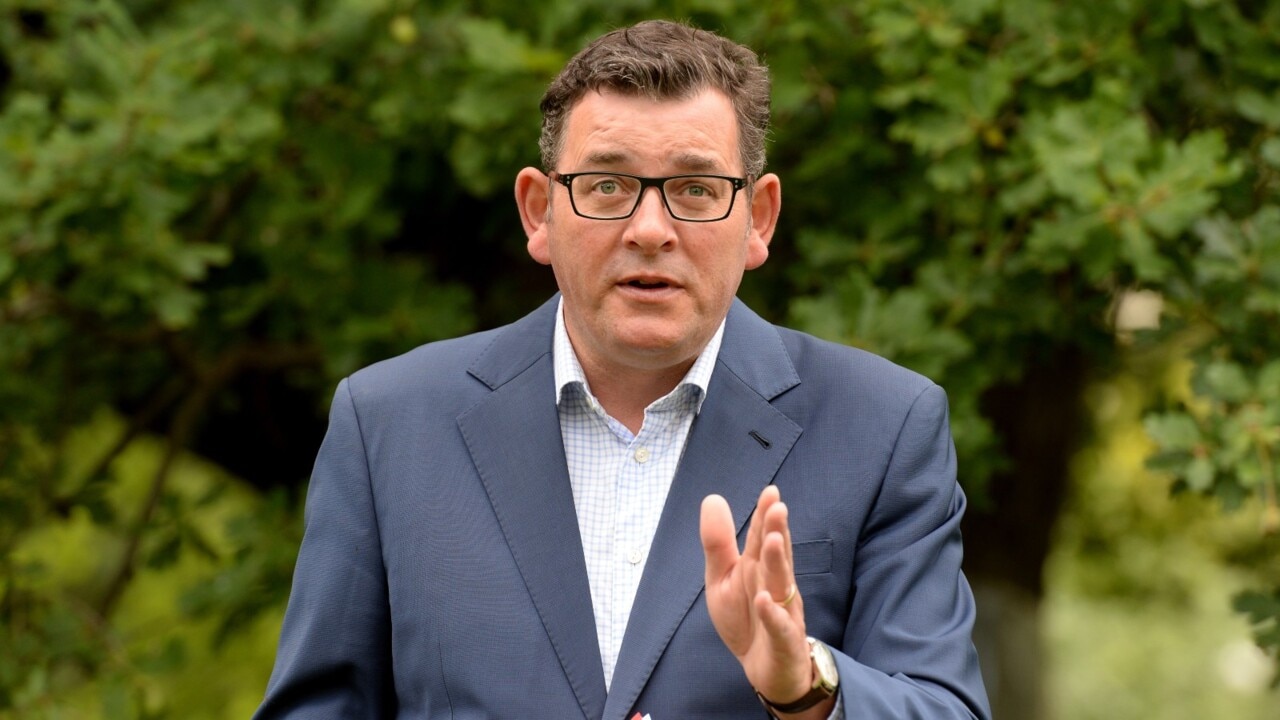
The head of the national medical regulator says New South Wales would be recording “dozens” of Covid-19 deaths each day if not for the AstraZeneca vaccine.
Professor John Skerritt defended the much-maligned vaccine saying the benefits “significantly exceed the risks” posed.
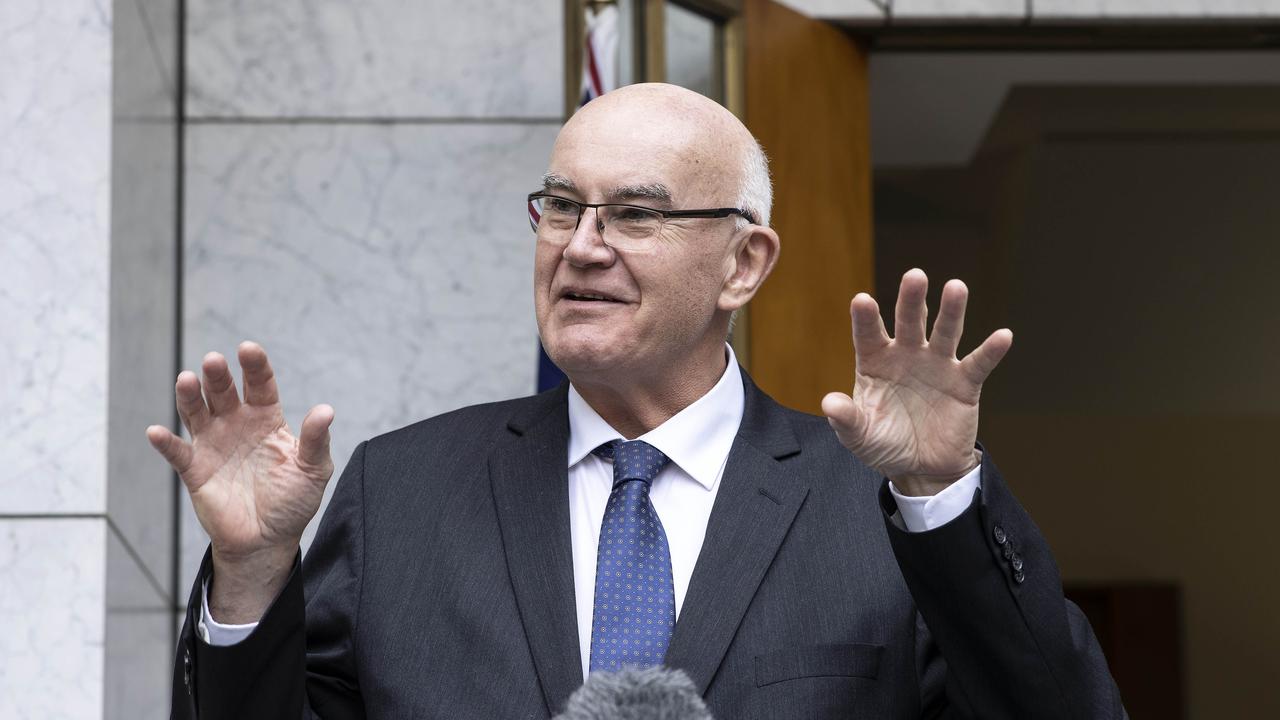
Professor Skerritt said the situation in Sydney would be significantly worse, saying Melbourne’s second wave had higher infections because the vaccine wasn’t yet available.
“If we didn’t have AstraZeneca, we wouldn’t be talking about two, three, four, five, [daily] deaths in Sydney at the moment,” he told ABC Radio Melbourne.
“If AstraZeneca hadn’t been vaccinated in NSW, we’d be talking about deaths in their dozens every day.”
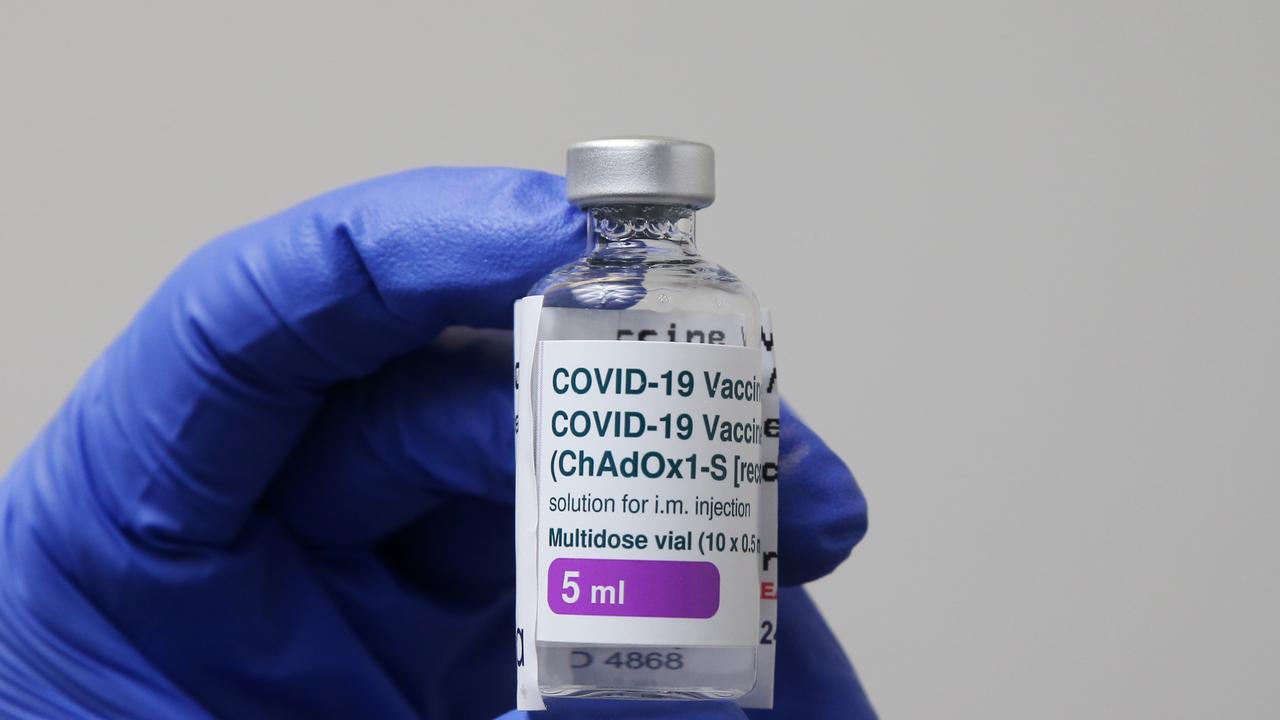
AstraZeneca’s links to a very rare blood clotting condition called thrombosis with thrombocytopenia (TTS) prompted federal health authorities to recommend people only aged 60 and above take the vaccine.
However with positive covid cases on the rise, the advice has changed, with all adults in Greater Sydney urged to “strongly consider” getting vaccinated with AstraZeneca.
The Australian Technical Advisory Group on Immunisation (ATAGI) continues to recommend Pfizer as the preferred vaccine for people under 60. But in advice updated earlier this month it said people under 60 living in an area with an outbreak, and who cannot secure a Pfizer jab, are encouraged to “reassess the benefits to them and their contacts from being vaccinated with AstraZeneca, versus the rare risk of a serious side effect.”

NSW Premier Gladys Berejiklian has also urged people under 40 to seek advice from their doctor in relation to AstraZeneca.
“If you’re under 40 and want AstraZeneca, please, please check with your GP. If your GP gives you the green light, please get the vaccine. Please, please, come forward and get vaccinated,” she said last month.
The risk of dying from TTS after the first dose of the AstraZeneca vaccine is similar to the risk of being killed by lightning in a year in Australia. And this pales in comparison when compared to other risks, such as the risk of dying in a car accident.
The current death toll from covid in Australia is 941, with 87 of those coming from NSW.
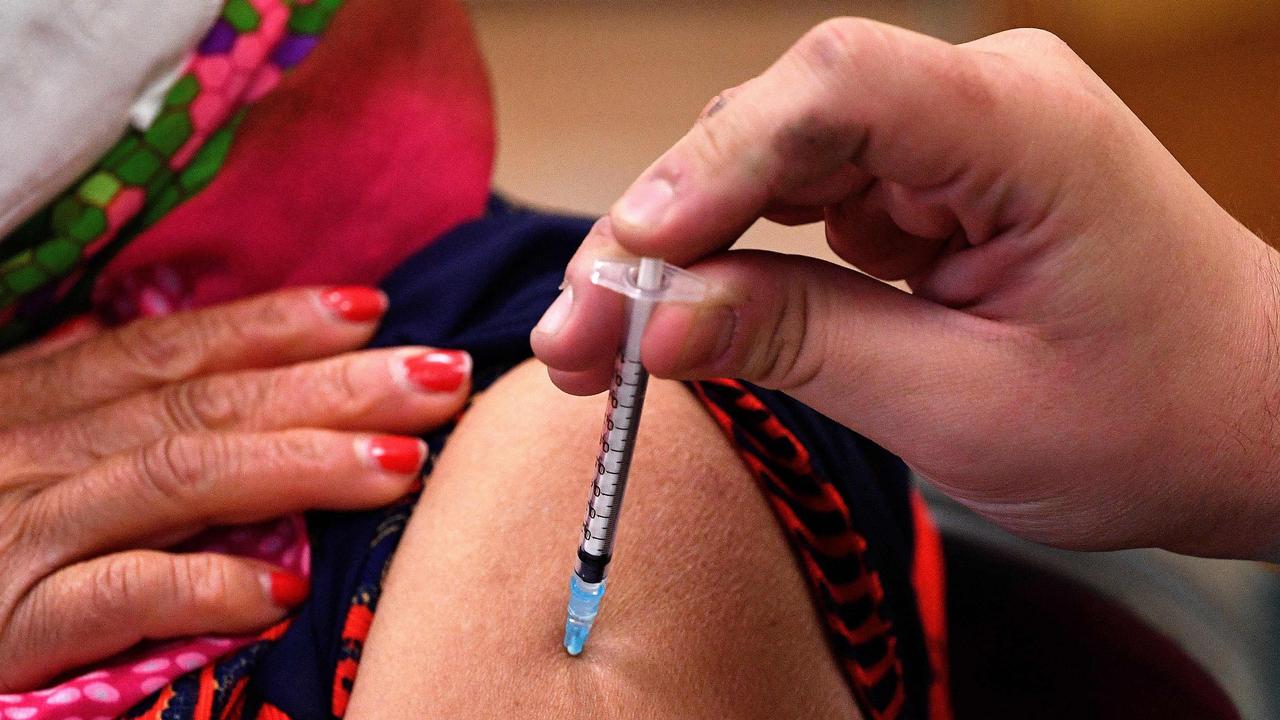
Professor Skerritt told Liam Bartlett that Australia’s production of AstraZeneca was much safer than the UK.
“Vaccines are a little bit like Christmas cakes in that you might have the same recipe, but if you make them at different sites they come out differently,” he said.
“The Australian experience is a lot better than the British experience. So, in England, and the UK more broadly, about 18 per cent of people who have the serious side effects from AstraZeneca have died.
“While every death is tragic, in Australia we’ve had 6 per cent. And so our safety track record, because we were able to build on information that we had at our own fingertips, has actually saved lives here in Australia.”
Currently Australians with the AZ vaccine are not permitted to travel to the UK, something Professor Skerritt said he hoped would change in the coming months.
“We’re working very closely, not just us as the regulator but also through our Foreign Affairs Department, and the Immigration Department.
“We’re working on the recognition of Australian vaccines, and there’s a rebranding of a vaccine,” he said.
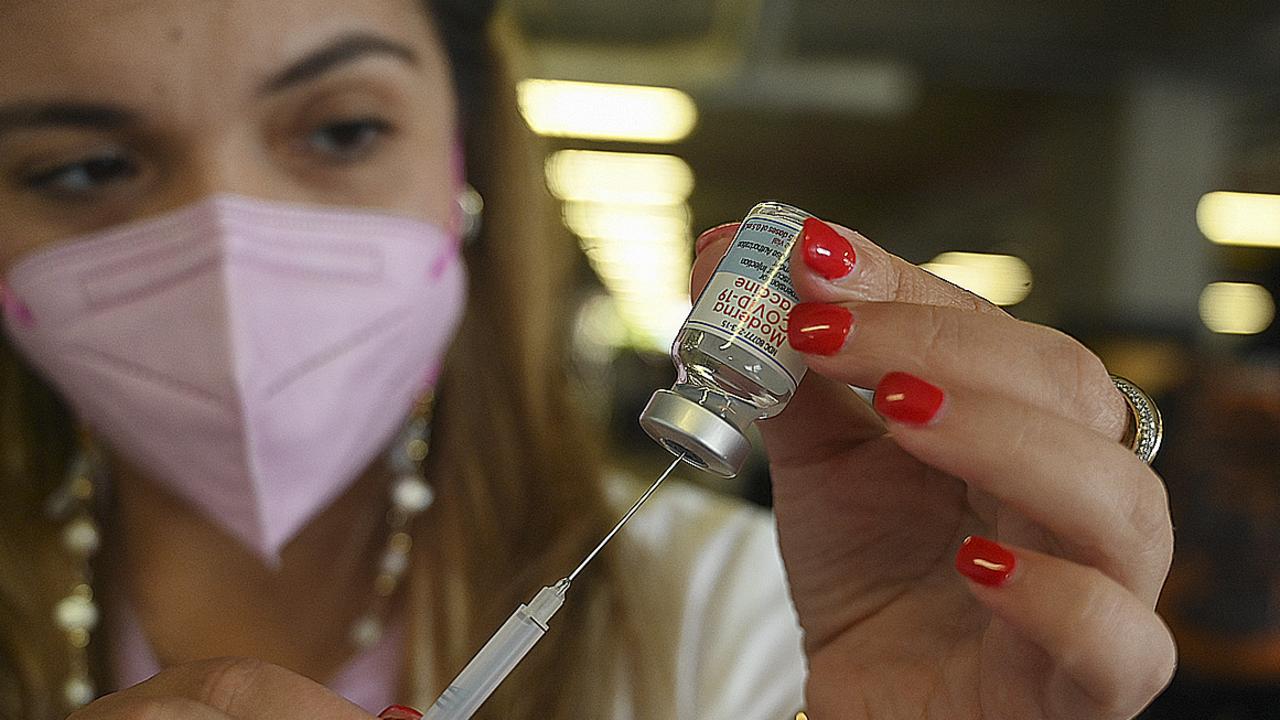
Meanwhile, Professor Skerritt said the Moderna vaccine could be approved for under 18-year-olds by the time it lands on Australian shores.
“Moderna has its application in front of us for under-18s,” Professor Skerritt revealed.
“Over the next three to four weeks, I‘d say maximum – it depends on Moderna’s response – we expect to make a decision.
“The Moderna data also looks pretty good for the under-18s, but we‘ve obviously got to go to our committee of experts and then back to the company.
“Barring big problems, I‘m expecting that by the time Moderna lands in Australia, it may also be approved for under-18s, but I shouldn’t pre-empt that decision.”

The only jab that has currently been approved for teenagers in Australia is the Pfizer vaccine. Like Moderna, it’s an MRNA vaccine that comes in two doses. It can be administered 28 days apart – which is substantially faster than the 12-week wait between the first and second dose of the AstraZeneca vaccine (this advice has since changed in light of recent outbreaks).
“The only major difference between the two vaccines is that Moderna can be kept at minus 20 degrees rather than minus 70 like the Pfizer. It appears to have the same efficacy, similar side effects,” infectious diseases expert Dr Peter Collignon told news.com.au.



